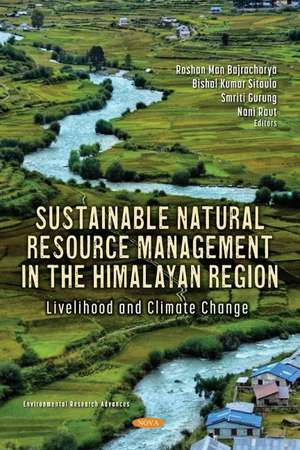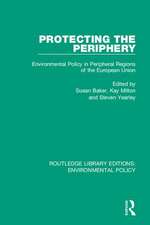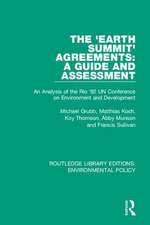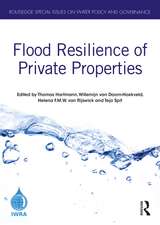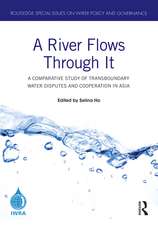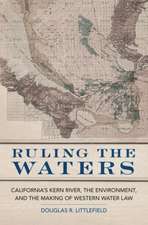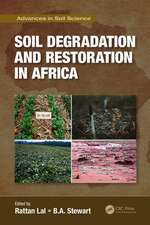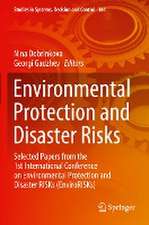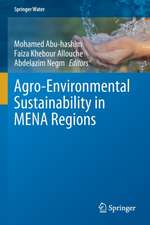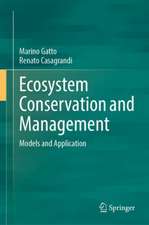Sustainable Natural Resource Management in the Himalayan Region: Livelihood and Climate Change
Editat de Roshan Man Bajracharyaen Limba Engleză Hardback – 9 feb 2021
Preț: 1210.93 lei
Preț vechi: 1551.97 lei
-22% Nou
Puncte Express: 1816
Preț estimativ în valută:
231.82€ • 241.88$ • 194.33£
231.82€ • 241.88$ • 194.33£
Carte disponibilă
Livrare economică 20 februarie-06 martie
Preluare comenzi: 021 569.72.76
Specificații
ISBN-13: 9781536189629
ISBN-10: 1536189626
Pagini: 334
Dimensiuni: 180 x 260 mm
Greutate: 0.78 kg
Editura: Nova Science Publishers Inc
Colecția Nova Science Publishers Inc
ISBN-10: 1536189626
Pagini: 334
Dimensiuni: 180 x 260 mm
Greutate: 0.78 kg
Editura: Nova Science Publishers Inc
Colecția Nova Science Publishers Inc
Cuprins
Preface;
Community-Based
Natural
Resource
Management
in
Nepal;
Estimation
of
Carbon
Stocks
in
Bhutanese
Forests;
Diversified
Agroforestry
Systems
for
Livelihood
Security,
Sustainability
and
Climate
Resilience
of
Smallholder
Farms
in
the
Himalaya;
Regenerative
Approach
for
Sustainability
and
Climate
Resilience
of
Mountain
Agro-Ecosystems;
Agricultural
Change
for
Rural
Transformation
in
Nepal;
Soil
Quality
and
Organic
Carbon
Management
in
a
Mountainous
Landscape
of
the
Hkh
Region
in
Pakistan;
Sustainable
Land
Management
Practices
in
Bhutan;
Biochar
as
a
Catalyst
to
Enhance
Productivity
of
Coffee
Agroforestry
Systems
and
Local
Livelihoods
in
the
Mid-Hills
of
Nepal;
Disaster
Risk
Reduction
and
Management
for
Resilient
Mountain
Communities
in
Nepal;
Human
Mindset,
Attitudes,
and
Behavior
Influencing
Natural
Resource
Management:
Water
Quality
in
Pakistan;
Vulnerability
of
Local
Communities
to
Climate-Related
Disasters
in
the
Himalayan
Region;
Irrigation
Water
Quality
of
Surkhet
Valley,
Nepal;
Water
Resource
Management
in
Bhutan;
Assessment
of
Water
Resources
with
Reference
to
Mountain
Aquifers
and
Spring
Hydrology
in
Bhutan;
River
Water
Pollution
Due
to
Vehicle
Washing
in
Bhutan;
Spiritual
Ecology
of
Water:
Water
and
Prayer
in
Christianity,
Islam,
Veda
and
Avesta;
Status
and
Role
of
Tributaries
in
Fish
Conservation:
Fish
Diversity
in
Nepalese
Rivers;
Diatom
Studies
in
High
Altitude
Lakes
in
the
Himalaya;
Knowledge
and
Public
Perception
toward
Conservation
of
Bats
in
Bhutan;
Trophy
Hunting
of
Wild
Ungulates
in
Northern
Pakistan;
Natural
Resource
Management
Policies
and
Governance
in
Nepal;
Political
Ecology
of
Environmental
Conservation:
A
Case
of
the
Bhutan
Himalaya;
Epilogue;
Index.
